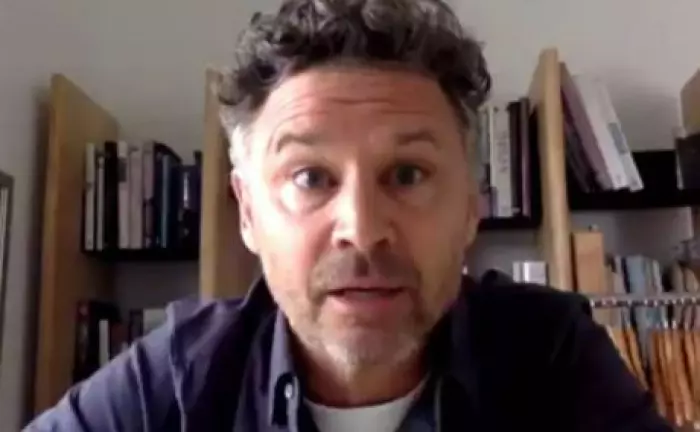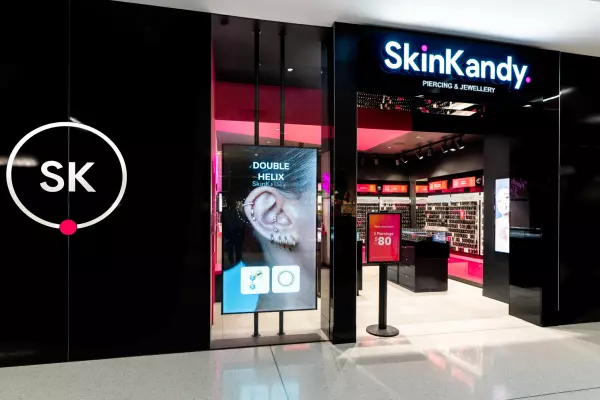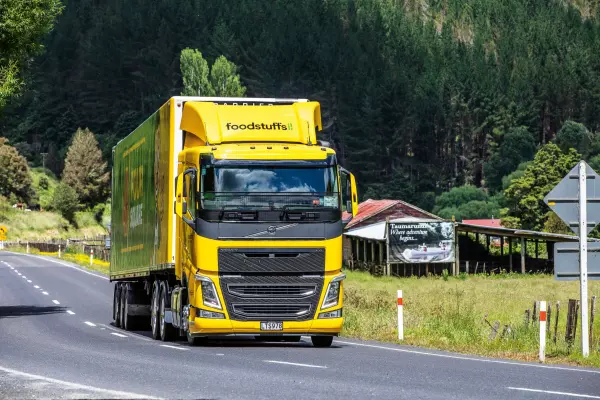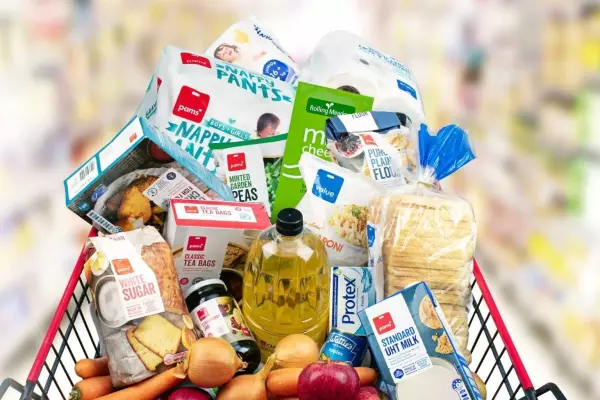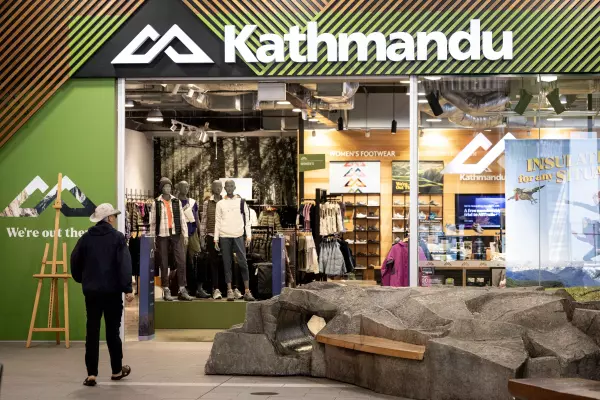On Friday, Mark Wilson, the owner of The Grange Bar & Bistro in Takapuna, tipped another $20,000 in personal funds into the restaurant’s bank account to ensure it could continue to pay its bills.
Wilson said the family business had already exhausted an initial loan of $150,000 taken last year, after battling through 125 days of full closures since the government's response to the pandemic kicked in.
He said the full closures wiped $920,000 from restaurant receipts and restricted trading accounted for another $400,000, with trading at about 45% of pre-covid levels for a business highly reliant on business patrons.
All up, Wilson said the business was down about $1.38 million in revenues and will be facing closure without targeted support.
Speaking at an online, emergency hospitality ‘rally’ that attracted 318 hospitality participants on Sunday, Wilson said the issue for his North Shore restaurant, and others, is there is no mechanism to remove costs during level 3 and 4.
While he’s been “lucky” with rent relief, normal lease levels resume back at level 2, regardless of whether that's the delta version.
Wilson and his family are facing up to the financial implications of covid, as is most of the sector, but he's more concerned about government’s seeming message that the hospitality industry is a basket case.
“It’s still viable. We don’t necessarily do it for the money, but you can’t run a business and pay dedicated staff without it.
"As it stands, we can’t afford to keep chipping money in. We’re not really a viable takeaway option, so the hole is getting bigger. It will come to a point soon where we'll need to follow the lead of Euro and close.”
Hefty cash burn
Top Auckland chef and restaurateur Nic Watt, who runs Inca in Westfield, Newmarket, Masu at SkyCity and Akarana Eatery in Orakei, said losses were tracking at about $700,000 a month across the three venues.
The losses had now got to the point where personal cash reserves were being put into the businesses, even while resurgence payments were being paid.
He said all of his restaurants had responded differently in the way they reopened after shutdown, and while he’d tried a takeaway model at two of the three restaurants, he opted against that this time round. That was because of the safety issues related to the highly infectious delta variant of covid-19.
Because the venues were large, restrictions about moving to level 2 delta – which limits patrons to 50 people – will “almost guarantee revenues being 60% down".
That also has a trickle down effect to staff and suppliers. “I don’t think people really have the kind of reserves anymore so that’s going to make it very difficult to carry on.“
CBD bleeding
Viv Beck, chief executive of Auckland business association Heart of the City, said consumer spending had dropped by $820m in the central city since last January versus pre-covid 2019 levels – an average loss of $610,000 per business in an area that accounts for about a fifth of the city’s gross domestic product.
She estimated city businesses had lost about $134m since the latest lockdowns kicked in seven weeks ago.
Beck said despite the obvious impacts, there was "no urgency" to come up with solutions that could help people get through the massive impacts of lockdowns.
There had been regular requests to Treasury to review a proposal for a low-cost and easy-to-repay ‘overdraft’ facility proposed by Dr Richard Meade in April 2020, she said.
“There is no action so far, despite many people saying over and over that these needs are urgent. Government continue to view macro-economic data for Auckland, which hides the reality and hides the impact of allowing wholesale failures amongst businesses that have been hit over and over again through multiple lockdowns.”
Ariana Paul, general manager of Māori and Pasifika entrepreneurship agency Amotai, said economic shocks had a disproportionate impact on Māori and Pasifika people.
Māori business impacts
“Our Māori and Pasifika business owners, sole traders and entrepreneurs are facing into the extreme sharp cutting edge of this lockdown. For many, resources are depleted, government support is too little and too late, borrowing from whānau and friends is no longer an option – the only other option is to look at is closing the doors.”
A recent survey of 700 Māori businesses suggested more than a fifth of businesses would struggle to last longer than four weeks at level 3 or 4, with more than half reporting they could last up to 12 weeks.
Watt said his central business district outlets were the slowest to bounce back primarily because people were working from home.
“We have mandated, reduced capacity. So without the resurgence or wage subsidy support, we’ll be reducing staff and focusing on key revenue windows, which in hospitality terms, means only from Wednesday to Sunday.”


